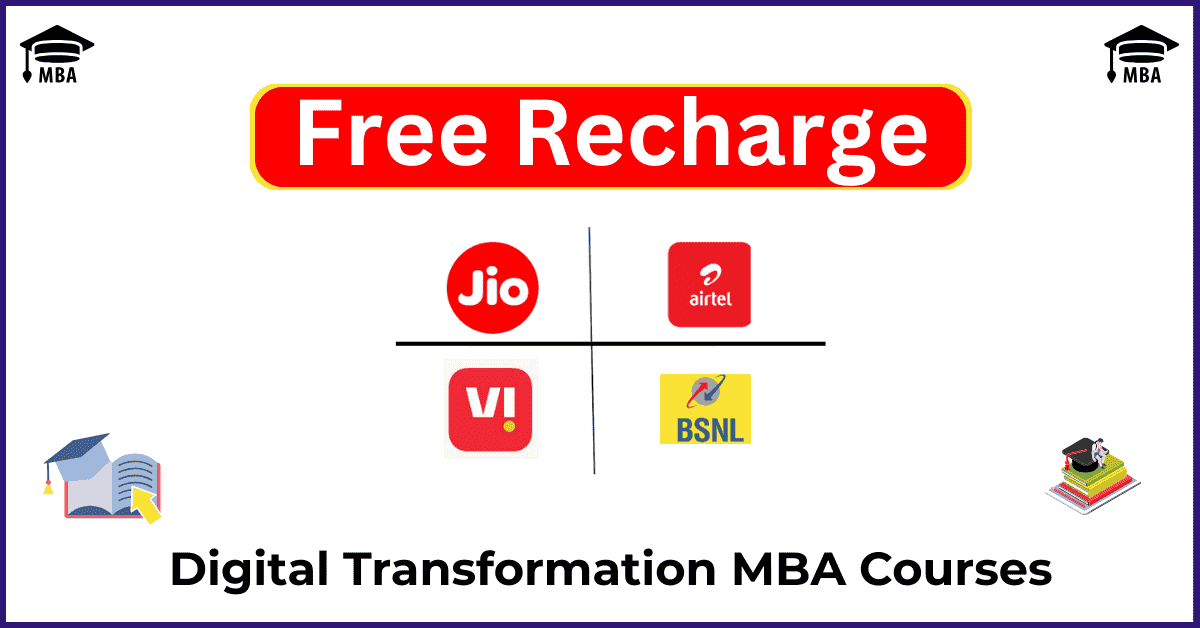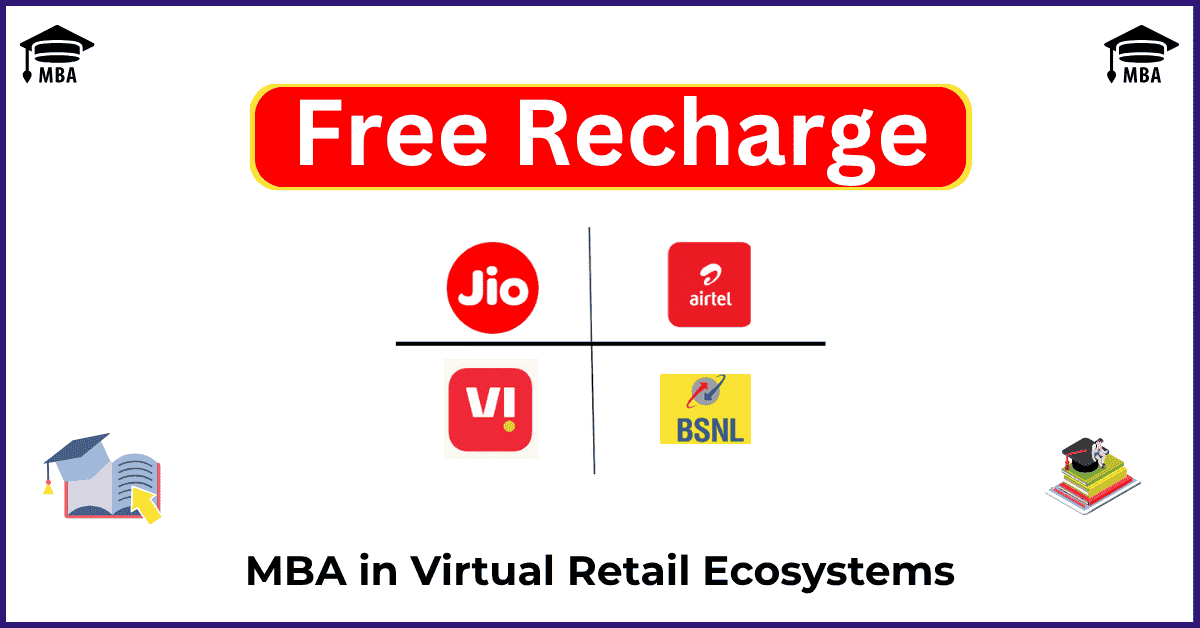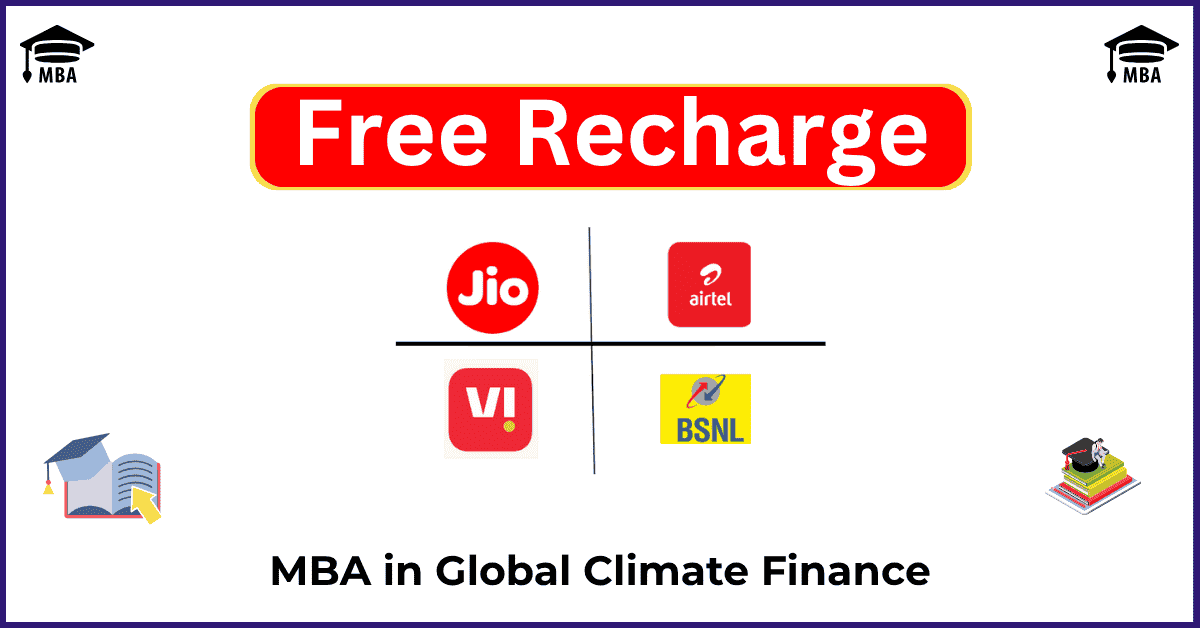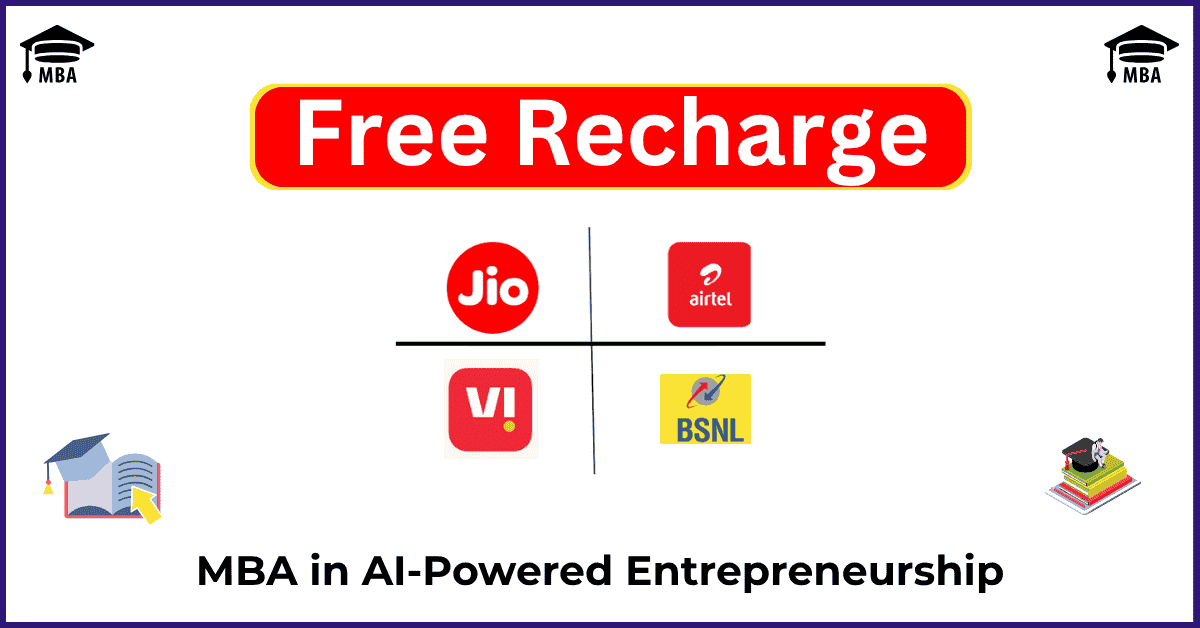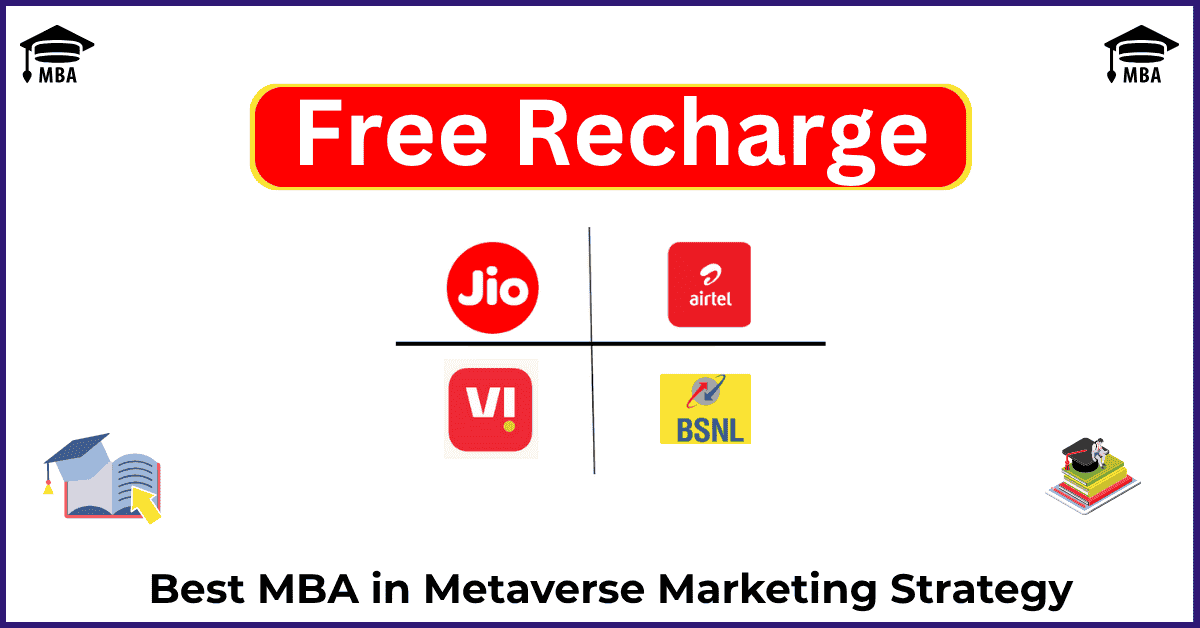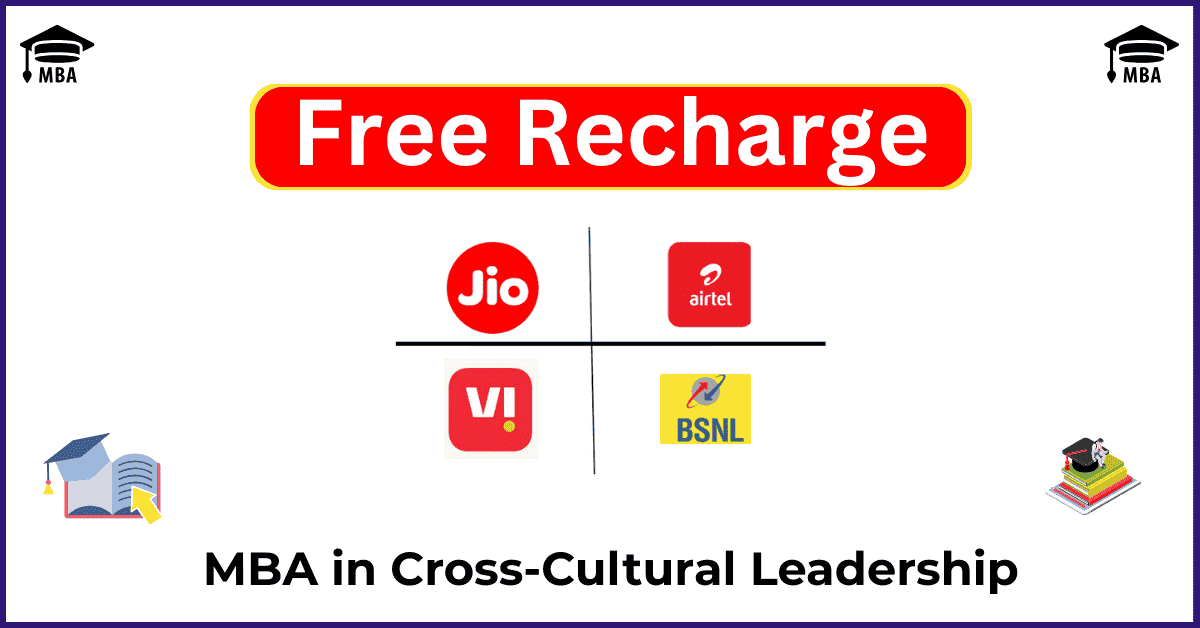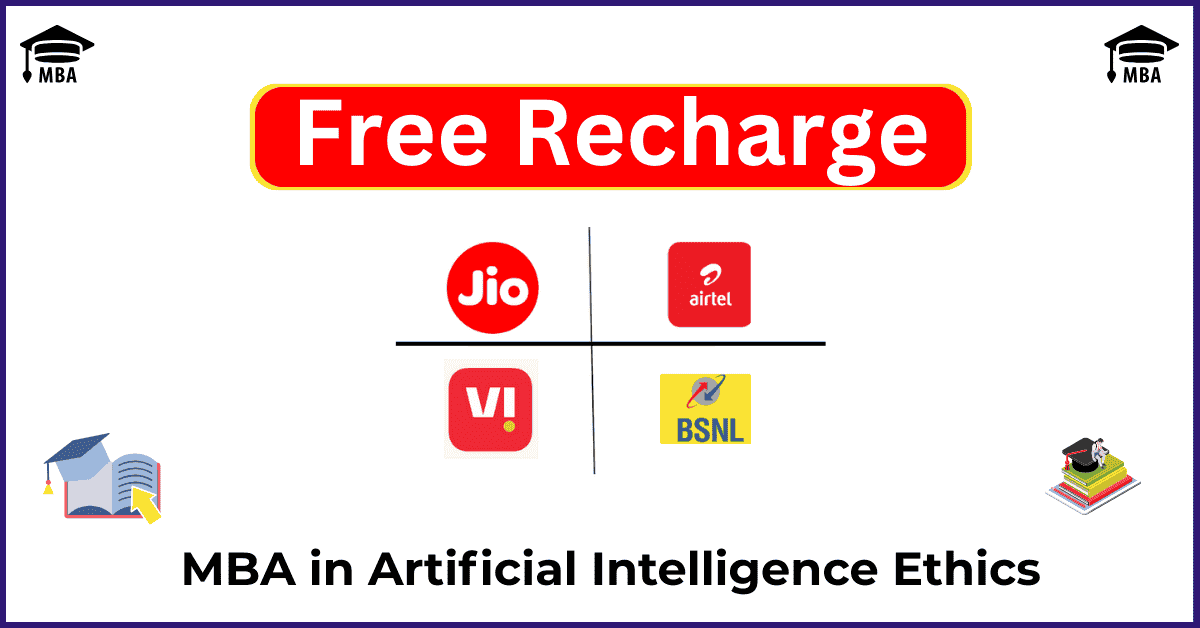The world of business is changing at lightning speed. From artificial intelligence to cloud computing, from e-commerce to blockchain, digital technologies are rewriting how organizations operate. To thrive in this fast-evolving environment, professionals need more than just traditional management knowledge — they need the expertise to lead digital transformation.
That’s exactly where Digital Transformation MBA Courses come in. These programs combine core business management with cutting-edge digital tools and strategies, producing leaders who can drive innovation, manage disruption, and build sustainable competitive advantages.
In this blog, we’ll dive into all aspects of Digital Transformation MBAs, explore the top specializations, universities, job prospects, and even case studies, ensuring you leave with every detail you need to make an informed decision.Digital Transformation MBA Programs
Digital Transformation MBAs are specialized management courses designed for professionals who want to combine traditional MBA skills (finance, HR, strategy, operations) with digital innovation.
The curriculum often includes:
- Digital business strategy
- Innovation management
- Emerging technologies (AI, IoT, Cloud)
- Organizational change and transformation
- Leadership in the digital age
These courses prepare graduates to work in industries like consulting, banking, IT, healthcare, retail, and government — sectors where digital adoption is skyrocketing.
MBA in Artificial Intelligence and Machine Learning
AI and ML are transforming every sector — from automated customer support to predictive analytics. An MBA in AI & ML teaches students how to:
- Integrate AI into business decision-making
- Build AI-driven customer experiences
- Manage ethical and regulatory concerns around AI
Top recruiters: Google, Amazon, Microsoft, Accenture, and emerging AI startups.
MBA in Data Analytics and Big Data
Every business decision today is powered by data. This specialization focuses on:
- Business intelligence tools (Tableau, Power BI)
- Predictive analytics
- Data-driven strategy design
- Handling large datasets in real-time
Graduates often land roles as Data Strategy Managers, Analytics Consultants, or Chief Data Officers.
MBA in Cybersecurity Management
As companies digitize, cyber threats multiply. An MBA in Cybersecurity combines IT security with management principles. Students learn to:
- Develop enterprise-wide security frameworks
- Manage digital risk and compliance
- Lead cybersecurity teams
This specialization is in high demand in BFSI, healthcare, and government sectors.
MBA in Cloud Computing and Digital Business
Cloud platforms like AWS, Azure, and Google Cloud are powering the digital economy. This MBA teaches how to:
- Design cloud-first business strategies
- Manage SaaS, PaaS, and IaaS models
- Implement cost-effective cloud adoption for enterprises
Career roles: Cloud Business Manager, Digital Strategy Consultant, Enterprise Transformation Lead.
MBA in E-commerce Strategy
With e-commerce giants like Amazon and Flipkart dominating, businesses need leaders skilled in digital retail ecosystems. Students learn:
- Supply chain optimization in e-commerce
- Omni-channel strategies
- Customer personalization with AI and data
Startups and established players alike hire these graduates for leadership roles in digital retail and logistics.
MBA in Blockchain and FinTech Innovation
Blockchain is no longer just about cryptocurrency — it’s about smart contracts, digital banking, and secure transactions. This MBA specialization focuses on:
- Blockchain applications in business
- Decentralized finance (DeFi)
- Innovation in financial services
Graduates are highly sought after by banks, fintech startups, and even governments experimenting with digital currencies.
MBA in Digital Marketing and Social Media
Marketing has gone digital — and so have MBAs. This course teaches:
- Social media strategy
- Search engine optimization (SEO)
- Paid digital campaigns
- Content and influencer marketing
Digital marketing managers with MBA degrees often command higher salaries due to their mix of strategy and execution skills.
MBA in Sustainable Digital Leadership
Businesses must balance digital growth with sustainability goals. This specialization combines:
- Green IT practices
- Digital tools for ESG (environmental, social, governance) reporting
- Leading sustainable transformation projects
This aligns with the global shift toward responsible business leadership.
Online Digital Transformation MBA
Working professionals often prefer online MBAs for flexibility. Top universities like IE Business School (Spain), Imperial College London, and Indiana University (US) offer online Digital Transformation MBAs.
Key benefits:
- Learn while working
- Global networking opportunities
- Lower costs compared to on-campus MBAs
Top Global Universities for Digital MBA
Some leading names include:
- MIT Sloan (USA) – Digital Business Strategy
- HEC Paris (France) – MBA in Digital Innovation
- IE Business School (Spain) – Online Digital Transformation MBA
- Imperial College London (UK) – MBA in Digital Leadership
- IIM Bangalore (India) – Digital Enterprise Management
Career Opportunities after Digital MBA
Graduates can pursue roles such as:
- Chief Digital Officer (CDO)
- Digital Transformation Consultant
- AI & Analytics Strategy Manager
- E-commerce Director
- Cybersecurity Program Manager
Average salaries range between $90,000 to $160,000 globally, with top executives earning even more.
ROI of Digital Transformation MBA Courses
While fees range from ₹15 lakhs to ₹50 lakhs in India (or $30,000–$100,000 abroad), the ROI is high due to:
- Global demand for digital leaders
- High-paying roles in consulting and tech
- Startup and entrepreneurship opportunities
Scholarships for MBA in Digital Transformation
Top scholarships include:
- Fulbright-Nehru Scholarship (USA)
- Chevening Scholarships (UK)
- DAAD Scholarships (Germany)
- Institution-specific fellowships (INSEAD, IE, ISB)
These make MBAs more affordable for deserving candidates.
Future of Digital Transformation in Business Education
By 2030, over 70% of business schools are expected to include digital transformation in their MBA curricula. Programs will become more AI-driven, flexible, and industry-integrated.
Case Studies
- Amazon: Using AI and cloud for personalized shopping.
- Tesla: Integrating sustainability with digital transformation.
- Infosys: Upskilling workforce with digital MBA partnerships.
FAQs
Q1. Is a Digital Transformation MBA worth it?
Yes, due to high ROI, global demand, and future-proof career opportunities.
Q2. Who should apply for this MBA?
Mid-career professionals, tech leaders, consultants, and entrepreneurs.
Q3. Can I do this MBA without IT background?
Yes. While tech helps, the program is designed for managers from all domains.
Q4. Which is better – online or offline MBA?
It depends on your goals. Online is flexible and cheaper, while offline offers immersive networking.
Q5. What is the average salary after Digital MBA?
Between ₹25–50 LPA in India and $90K–160K abroad.
Conclusion
A Digital Transformation MBA is not just another management degree — it’s your ticket to leading the businesses of tomorrow. With specializations in AI, blockchain, cloud, and digital marketing, these programs create leaders who can manage disruption and turn it into opportunity.
If you’re serious about building a future-proof career, this is the MBA specialization you should explore in 2025.
